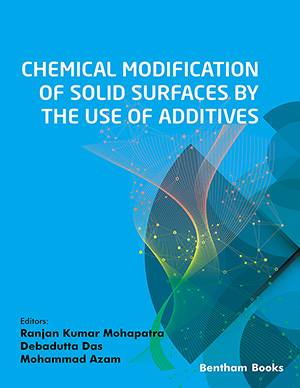Abstract
A new, efficient and green methodology for obtaining quinolines based on the use of tungstophosphoric acid included in a polymeric matrix of polyacrylamide is proposed (APTPOL60). The methodology involves the formation of polysubstituted quinoline compounds using a variety of 2-aminoaryl ketones and β-dicarbonyl compounds, in absolute ethanol as reaction solvent, and a temperature of 78 ºC. The catalyst efficiency is not compromised after its successive use in reactions, and no leaching was observed. Seven examples of quinolone derivatives were obtained with excellent yields (89%–99%). This is the first report about the use of a heteropolyacid included in a polymeric matrix as recyclable catalyst in the Friedlander synthesis of quinoline derivatives (molecules with biological activity potential).
Keywords: Quinolines, friedlander synthesis, tungstophosphoric acid, polymeric matrix, heterogeneous catalysts.
Graphical Abstract











